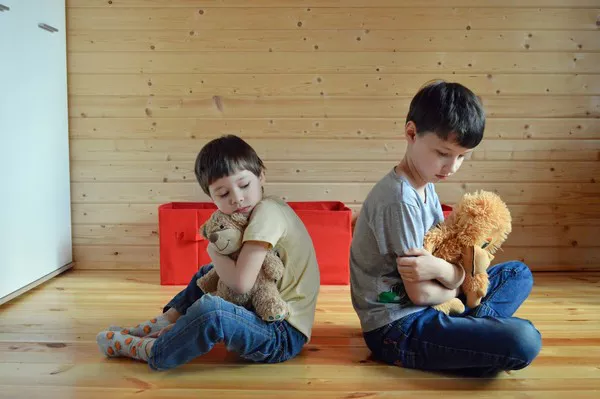The stereotype of a rebellious teenager is one of a troublemaker, with little regard for authority and a tendency to break the rules. However, there is a growing body of research that suggests that rebellious kids may actually be more successful later in life.
Rebellion, in this context, is not just about breaking rules for the sake of it. It can be a sign of a child who is independent, curious, and willing to challenge the status quo. These traits can be valuable in a number of different settings, from the workplace to creative endeavors.
One study, conducted by the University of Luxembourg, found that children who were more willing to break rules and challenge authority were more likely to be successful as adults.
The study found that these individuals were more likely to have leadership qualities and to take risks, which can be important traits in a variety of careers.
Another study, published in the Journal of Personality and Social Psychology, found that rebelliousness was associated with higher levels of creativity.
The researchers found that individuals who were willing to challenge authority and social norms were more likely to think outside the box and come up with innovative ideas.
Of course, not all rebellious behavior is positive.
Some rebellious kids may engage in risky behavior, such as drug use or unsafe sex. This type of behavior can have serious consequences and should be addressed with appropriate support and intervention.
Ultimately, the relationship between rebelliousness and success is complex and varies from person to person.
While some rebellious kids may go on to achieve great things, others may struggle to find their place in the world. It’s important to remember that rebelliousness is just one aspect of a person’s personality, and that success is influenced by a wide range of factors.
In conclusion, rebellious kids may have a greater chance of success later in life, as long as their rebellion is channeled in a positive direction. It’s important for parents, educators, and mentors to encourage independent thinking and creativity, while also providing guidance and support to ensure that rebellious behavior doesn’t become self-destructive.





























